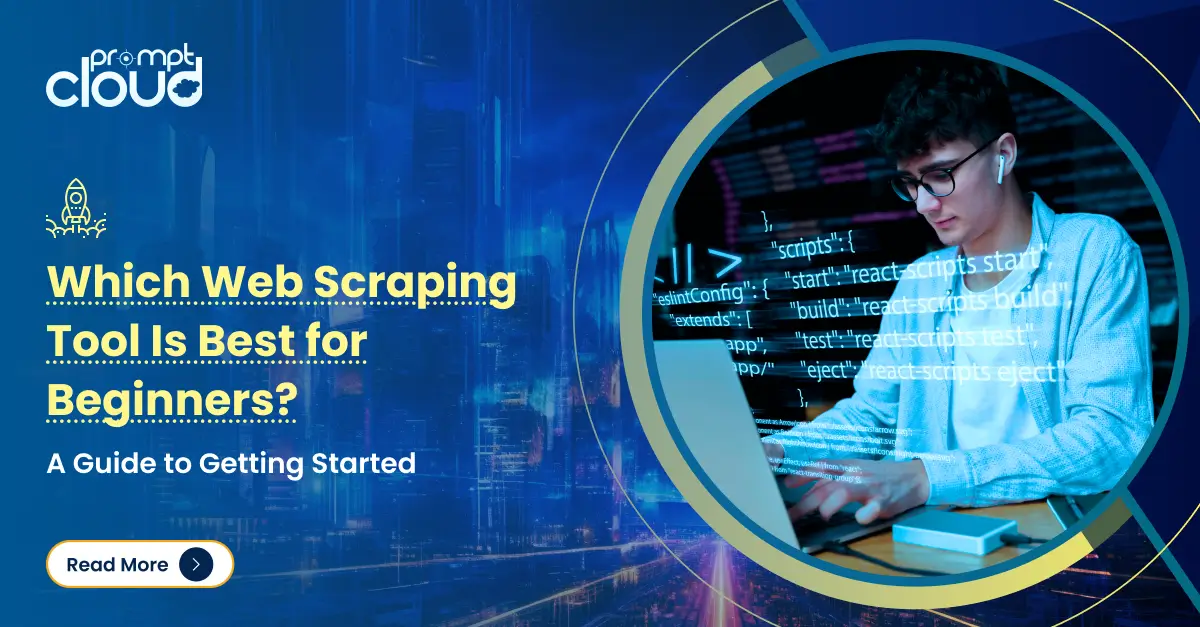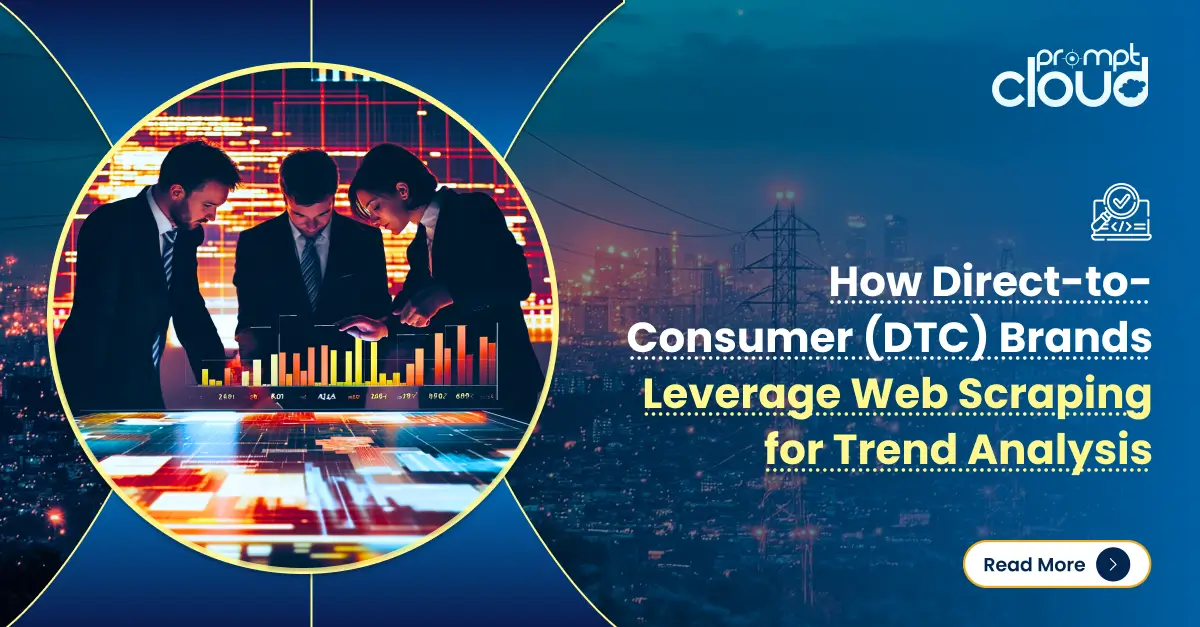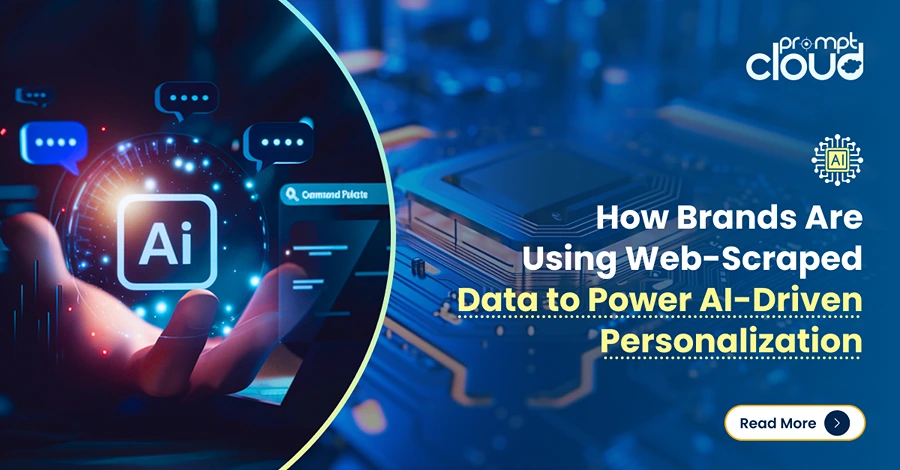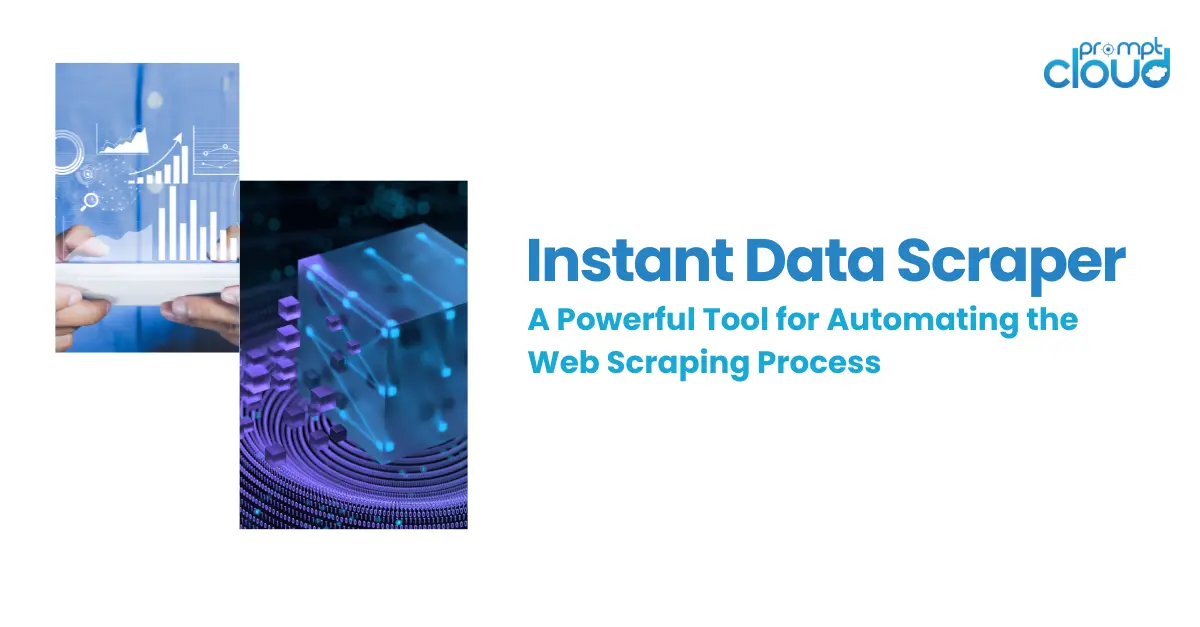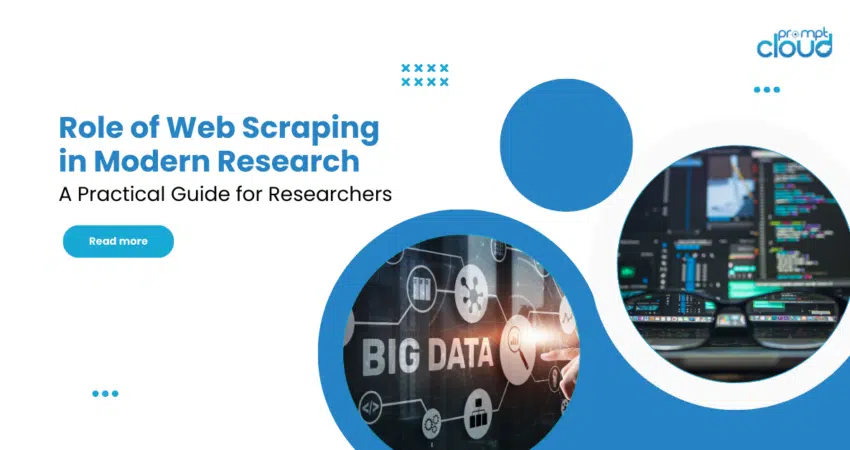
Imagine you’re deep into research when a game-changing tool arrives – web scraping. It’s not just a regular data collector; think of it as an automated assistant that helps researchers efficiently gather online information. Picture this: data on websites, that are a bit tricky to download in structured formats – web scraping steps in to simplify the process.
Techniques range from basic scripts in languages like Python to advanced operations with dedicated web scraping software. Researchers must navigate legal and ethical considerations, adhering to copyright laws and respecting website terms of use. It’s like embarking on a digital quest armed not only with coding skills but also a sense of responsibility in the vast online realm.
Understanding Legal and Ethical Considerations
When engaging in web scraping for research, it’s important to know about certain laws, like the Computer Fraud and Abuse Act (CFAA) in the United States and the General Data Protection Regulation (GDPR) in the European Union. These rules deal with unauthorized access to data and protecting people’s privacy. Researchers must ensure they:
- Obtain data from websites with public access or with explicit permission.
- Respect the terms of service provided by the website.
- Avoid scraping personal data without consent in compliance with international privacy laws.
- Implement ethical considerations, such as not harming the website’s functionality or overloading servers.
Neglecting these aspects can lead to legal consequences and damage the researcher’s reputation.
Choosing the Right Web Scraping Tool
When selecting a web scraping tool, researchers should consider several key factors:
- Complexity of Tasks
- Ease of Use
- Customization
- Data Export Options
- Robustness
- Support and Documentation
- Budget
By carefully evaluating these aspects, researchers can identify the web scraping tool that best aligns with their project requirements.
Data Collection Methods: API vs. HTML Scraping
When researchers gather data from web sources, they primarily employ two methods: API (Application Programming Interface) pulling and HTML scraping.
APIs serve as interfaces offered by websites, enabling the systematic retrieval of structured data, commonly formatted as JSON or XML. They are designed to be accessed programmatically and can provide a stable and efficient means of data collection, while typically respecting the website’s terms of service.
- Pros of API:
- Often provides structured data
- Designed for programmatic access
- Generally more stable and reliable
- Cons of API:
- May require authentication
- Sometimes limited by rate limits or data caps
- Potentially restricted access to certain data
HTML scraping, in contrast, involves extracting data directly from a website’s HTML code. This method can be used when no API is available, or when the API does not provide the required data.
- Pros of HTML Scraping:
- Can access any data displayed on a webpage
- No need for API keys or authentication is necessary
- Cons of HTML Scraping:
- More susceptible to breakage if website layout changes
- Data extracted is unstructured
- Legal and ethical factors need to be considered
Researchers must choose the method that aligns with their data needs, technical capabilities, and compliance with legal frameworks.
Best Practices in Web Scraping for Research
- Respect Legal Boundaries: Confirm the legality of scraping a website and comply with Terms of Service.
- Use APIs When Available: Prefer officially provided APIs as they are more stable and legal.
- Limit Request Rate: To avoid server overload, throttle your scraping speed and automate polite waiting periods between requests.
- Identify Yourself: Through your User-Agent string, be transparent about your scraping bot’s purpose and your contact information.
- Cache Data: Save data locally to minimize repeat requests thus reducing the load on the target server.
- Handle Data Ethically: Protect private information and ensure data usage complies with privacy regulations and ethical guidelines.
- Cite Sources: Properly attribute the source of scraped data in your scholarly work, giving credit to original data owners.
- Use Robust Code: Anticipate and handle potential errors or changes in website structure gracefully to maintain research integrity.
Use Cases: How Researchers Are Leveraging Web Scraping
Researchers are applying web scraping to diverse fields:
- Market Research: Extracting product prices, reviews, and descriptions to analyze market trends and consumer behavior.
- Social Science: Scraping social media platforms for public sentiment analysis and to study communication patterns.
- Academic Research: Collecting large datasets from scientific journals for meta-analysis and literature review.
- Healthcare Data Analysis: Aggregating patient data from various health forums and websites to study disease patterns.
- Competitive Analysis: Monitoring competitor websites for changes in pricing, products, or content strategy.
Web Scraping in Modern Research
A recent article by Forbes explores the impact of web scraping on modern research, emphasizing the digital revolution’s transformation of traditional methodologies. Integration of tools like data analysis software and web scraping has shortened the journey from curiosity to discovery, allowing researchers to rapidly test and refine hypotheses. Web scraping plays a pivotal role in transforming the chaotic internet into a structured information repository, providing a multi-dimensional view of the information landscape.
The potential of web scraping in research is vast, catalyzing innovation and redefining disciplines, but researchers must navigate challenges related to data privacy, ethical information sharing, and maintaining methodological integrity for credible work in this new era of exploration.
Overcoming Common Challenges in Web Scraping
Researchers often encounter multiple hurdles while web scraping. To bypass website structures that complicate data extraction, consider employing advanced parsing techniques. When websites limit access, proxy servers can simulate various user locations, reducing the likelihood of getting blocked.
Overcome anti-scraping technologies by mimicking human behavior: adjust scraping speeds and patterns. Moreover, regularly update your scraping tools to adapt to web technologies’ rapid evolution. Finally, ensure legal and ethical scraping by adhering to the website’s terms of service and robots.txt protocols.
Conclusion
Web scraping, when conducted ethically, can be a potent tool for researchers. To harness its power:
- Understand and comply with legal frameworks and website terms of service.
- Implement robust data handling protocols to respect privacy and data protection.
- Use scraping judiciously, avoiding overloading servers.
Responsible web scraping for research balances information gathering for digital ecosystems. The power of web scraping must be wielded thoughtfully, ensuring it remains a valuable aid to research, not a disruptive force.
FAQs:
Is web scraping detectable?
Yes, websites can detect web scraping using measures like CAPTCHA or IP blocking, designed to identify automated scraping activities. Being aware of these detection methods and adhering to a website’s rules is crucial for individuals engaged in web scraping to avoid detection and potential legal consequences.
What is web scraping as a research method?
Web scraping is a technique researchers use to automatically collect data from websites. By employing specialized tools, they can efficiently organize information from the internet, enabling a quicker analysis of trends and patterns. This not only streamlines the research process but also provides valuable insights, contributing to faster decision-making compared to manual methods.
Is it legal to use web scraped data for research?
The legality of using data obtained through web scraping for research depends on the rules set by the website and prevailing privacy laws. Researchers need to conduct web scraping in a manner that aligns with the website’s guidelines and respects individuals’ privacy. This ethical approach ensures that the research is not only legal but also maintains its credibility and reliability.
Do data scientists use web scraping?
Absolutely, data scientists frequently rely on web scraping as a valuable tool in their toolkit. This technique enables them to gather a substantial volume of data from various internet sources, facilitating the analysis of trends and patterns. While web scraping is advantageous, data scientists must exercise caution, ensuring that their practices align with ethical guidelines and the rules governing web scraping to maintain responsible and legal usage.











